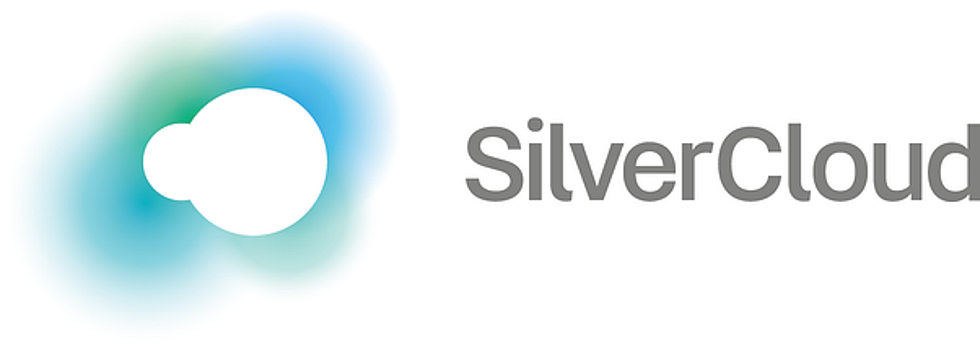Computerised Cognitive Behavioural Therapy
Computerised Cognitive Behavioural Therapy
Cognitive Behavioural Therapy (CBT) is a psychological therapy based on the relationships between what we think, what we do and how we feel. CBT teaches you how to recognise and tackle problems in the here and now, rather than in the past.
CBT helps you pinpoint unhelpful ways of thinking that can affect how you feel. It also helps you figure out the most effective things you can do to feel better. It has been widely studied and is especially helpful for people affected by depression and anxiety.
What is Computerised Cognitive Behavioural Therapy?
When you access CBT through an online therapy programme, it’s called computerised CBT. Computerised CBT is aimed at people with mild to moderate mental health difficulties and is a highly effective treatment.
Computerised CBT programmes are user-friendly, interactive and usually last between 6-8 sessions. Computerised CBT is suitable for people aged 18 and above. There is no upper age limit.
- Silvercloud: an online CBT programme incorporating mindfulness and positive psychology. It is aimed at people affected by anxiety, depression and mental health issues related to long-term health conditions. There are also additional modules on topics such as sleep, stress, resilience, COVID-19, and a module for young people experiencing anxiety.
The online programmes are flexible, which means you don’t have to stick to rigid appointments. The programmes allow you to work at your own pace, at a time and in a place that suits you. Anyone can use these programmes, as no computer experience is necessary, but you’ll need a tablet, laptop or PC with an internet connection and speakers or earphones.
How can I access computerised CBT?
Speak with your GP. Your GP will ask you for your email address and your consent for the SilverCloud team to contact you. You will then be sent a code to allow you access to the programme.
How will Computerised CBT help me?
It will teach you techniques aimed at changing the unhelpful patterns of thinking and behaviour that are maintaining your current difficulties. This will help reduce your symptoms of anxiety and depression. It is based on research evidence and is a recommended by the NICE Guidelines (National Institute for Health and Clinical Excellence) and by SIGN (Scottish Intercollegiate Guidelines Network).

Silvercloud: What is it and how do I access it?
SilverCloud consists of a series of topics chosen to address your specific needs. The course features videos, activities, quizzes, audio guides and your own online journal. To get the most out of SilverCloud, it’s recommended that you spend around 40 minutes a week, over 6 to 8 weeks, at a regular time if possible. This could be done all at once or broken down into 10 to 15-minute chunks, 3 or 4 times a week when you have time to yourself (for example during lunch breaks, on the bus, in the evening, or when the kids are in bed). As with most things, it will take time and practice to make progress.
To access the programme, you’ll need to be referred by your GP or other healthcare worker. You’ll then receive an email from the cCBT Coordinator containing a link to activate your account.
You can access SilverCloud from any computer, tablet or smart phone with internet access.
For more detailed information on SilverCloud, please see this patient information leaflet
















